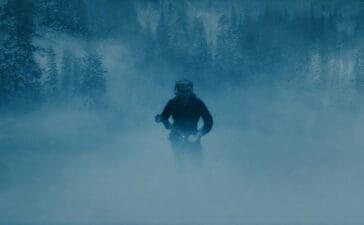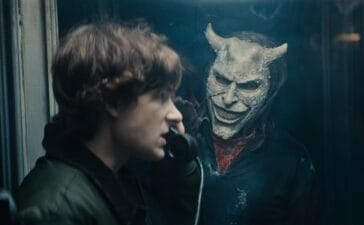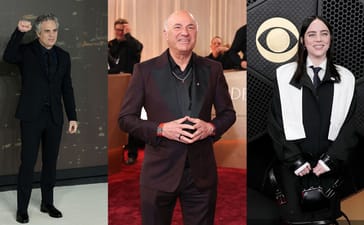Ethan Hawke has had enough of Hollywood’s aversion to risk. Speaking at the Berlin Film Festival the actor laid it out: offensive or challenging art isn’t getting made anymore because the industry is too scared to upset anyone. And that’s very much a problem.
Hawke, who has spent decades balancing indie credibility with mainstream success, pointed out that Hollywood’s obsession with profit has left little room for films that actually push boundaries. Instead, we’re drowning in content designed to appeal to the widest audience possible—safe, polished, and ultimately forgettable.
“The audience has to demand challenging art,” Hawke said. “The industry is only going to produce what people are willing to consume.” In other words, Hollywood isn’t just afraid of controversy. It’s actually afraid audiences won’t show up for anything that isn’t easy to digest.
It’s a sentiment that feels more relevant than ever. These days, even the mildest attempt at provocation gets met with online outrage, studio backpedalling, or worse. This has coincided with the pervading restraints of puritanism and cancel culture within Hollywood. The days of studios backing genuinely controversial films seem like a distant memory. Think Fight Club, A Clockwork Orange, Natural Born Killers—movies that weren’t afraid to make people uncomfortable. Now, it’s all sequels, reboots, and algorithm-approved storytelling.
Hawke’s comments come at a time when artists in every medium are being forced to weigh their words carefully. Music, comedy, literature—it’s all subject to the same scrutiny. No one is saying offensive art should be made just for the sake of it, but there’s a difference between making something truly provocative and simply catering to outrage culture.
Blue Moon, directed by longtime collaborator Richard Linklater, is the kind of film that probably wouldn’t get made by a major studio in 2025. It’s a biopic about songwriter Lorenz Hart, played by Andrew Scott, tackling themes of identity and creative struggle. The fact that it even exists speaks to the power of independent filmmaking—something Hollywood seems less and less interested in supporting.
Another example of a provocative film that was recently released is The Substance. The French body horror film, despite being highly unconventional, has been both a box- office and awards season success. Further proving that audiences have an appetite for this kind of cinema. The studios just need to be bold enough to support it.
Hawke’s take is a reminder that art isn’t supposed to be comfortable. It’s meant to challenge, provoke, and make us think. And if Hollywood refuses to take those risks, maybe audiences need to start demanding something better.











